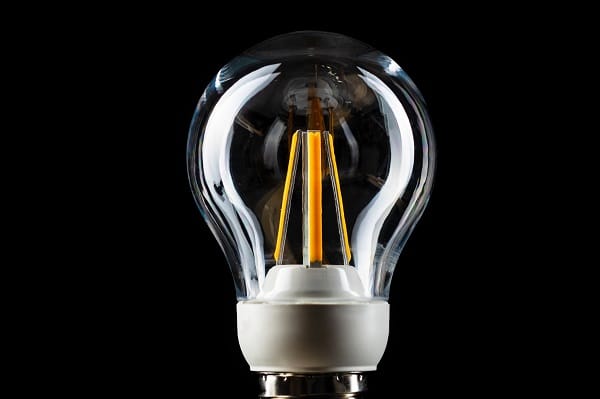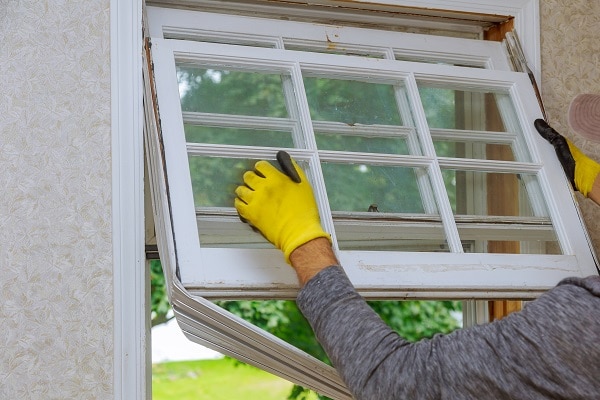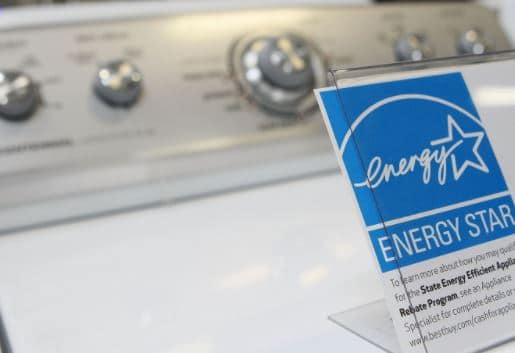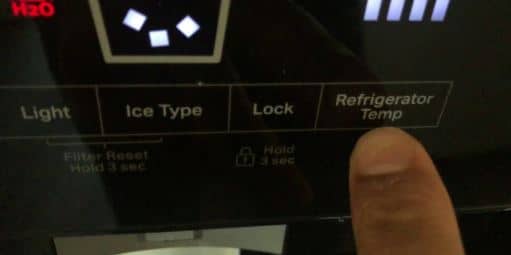Many people think about what can be done to save power. If you have concerns about conserving energy, this article has some great tips for saving energy. News advertisements and local and political campaign sections frequently feature buzzwords such as climate crisis, renewable energy, and energy conservation.
Many people are growing interest in the conservation of energy in our homes. It comes down to two primary reasons: to reduce the damage caused to the surroundings and save money. Suppose more households use limited energy or a more clean energy source. In this case, we can see a decrease in the depletion of the ozone layer, and we can lessen the dependency on fossil fuels, which are harmful and non-renewable for the atmosphere.
As we’re ready to perform our part, it’s not easy to understand what the terms mean for us individually. So, below are some ways to decrease your home’s energy use, ranging from mere behavioral adjustments to widespread home renovations. The two primary goals for saving energy include protecting the environment and saving on utility bills. These are the most well-known ways to save energy and electricity in the house, listed with the easiest to the most concentrated methods.
Contents
Day to Day Behavior Adjustments

To reduce energy use in your home, you don’t always have to be out and buy energy-saving appliances. Energy conservation is as easy as turning off appliances and lights when you don’t need those. You can also use energy concentrated appliances less by doing household tasks on your own, like hanging-drying clothes rather than putting them in the dryer, or you can wash the dishes by hand.
The behavior modifications that hold the most significant potential for utility maintenance are bringing down the thermostat during winter and limiting air conditioner usage during the summer season. Cooling and heating costs comprise almost half of the usual utility bills, so the cuts in the frequency and intensity of cooling and heating give you huge savings. You can utilize tools to think about where the maximum electricity is getting consumed in the home and which devices are regularly utilizing it.
Use Energy-efficient Light Bulbs

Conventional bright light bulbs spend an extreme amount of power and should be substituted frequently with energy-efficient choices. Compact fluorescent lights, light-emitting diode bulbs, and Halogen incandescent bulbs use 20-80 percent limited electricity and can last for up to 4 to 25 times more than any traditional bulbs. They use a massive 75 percent less power than those traditional bulbs. As CFL bulbs cost more than those, you’ll save money. The bulb can last much longer and doesn’t require that much energy. Although the energy-efficient tubes are extra expensive, longer lifetimes and the efficient energy use imply that they actually cost less in the extended run.
Energy-efficient Windows

Windows are a significant part of energy waste. They add up to 12-25% of the total utility bill. To limit heat loss by the windows, you can substitute single-pane windows with double-pane instead. Talking about the colder region’s homes, gas-filled window panes with Low-E coverings can reduce the heating expenses. Also, exterior or interior storm windows will reduce needless heat expenditure by 10-20 percent.
You must particularly acknowledge storm windows if the region you’re living in undergoes frequent intense weather situations. In hotter climates, heat gain by the windows can be an issue. Further, to minimize heat loss, Low-E coverings on windows reduce heat accretion by reflecting light and reducing thermal power quantity that penetrates the home. As it depends on the area you live in, ENERGY STAR windows will conserve you $25-$95 every year on the utility bills.
Reduction in Water Heating Expenses

Water heating comes under the most significant contributors to the total energy use. Besides buying a water heater that is energy efficient, there are other ways to decrease the water heating charges. You can easily use less quantity of hot water by turning down your thermostat on the water heater or insulating the water heater.
If you consider substituting the water heater with one of the efficient models, then you must keep two points in mind: the fuel type it will use and the sort of water heater that can meet your requirements. For instance, tankless water heaters are energy-efficient. Still, they are a bad choice for big families as they will not handle simultaneous and multiple hot water usage. Efficient water heaters come anywhere between 10% and 300% extra in energy efficiency than a traditional water heater.
Purchase Energy-efficient Appliances

Usually, appliances are the reason for roughly 13% of entire household energy usage. When buying any appliance, you must be attentive to the two figures: the yearly operating cost and the beginning purchase price. Even though the energy-efficient appliances have higher purchase prices, the operating expenses are 9-25% less than the standard models.
When buying an energy-efficient appliance, you must look for the ENERGY STAR label on the appliances, a central guarantee that those appliances will spend less energy use and standby than conventional models. Energy savings can vary based on the particular appliance. For instance, certified ENERGY STAR washers would consume 48% less water and 30% less energy than the traditional ones, while ENERGY STAR refrigerators consume only 8% less power.
Save Energy in Your Kitchen

Our fridge operates 24 hours every day, so it is among the most costly devices. The perfect fridge temperature is around 40 degrees Fahrenheit, and the perfect freezer temperature is between 0 to 5 degrees Fahrenheit. Always ensure that your fridge’s door seal is tight and no cracks or gaps are letting cold air leak. If you own another freezer or a fridge, then turn that on only when needed.
Keep the frozen food in the fridge during the day to soften and decrease cooking time at night. When you’re cooking, use the microwave when you can. Microwaves use much less energy than an electric oven. If you use a stove, keep lids on pots to reduce cooking time. When you cook more and get some leftover meals for the following day or the entire week, store the meals in the freezer. Use the economy cycle on your dishwasher and only run it when it’s full.
CONCLUSION
Energy conservation is essential and has a lot of advantages for many reasons. You can increase the property value, protect the environment, and save money through some easy energy-saving tips. These are huge profits you can have from saving power. By taking a few small steps towards an energy-conscious living style, you can start to enjoy the perks of living energy efficiently. Experiencing a more environmentally favorable and sustainable way of living doesn’t imply that you must change your lifestyle completely – you don’t have to be in the dark or begin washing the clothes by hand. All you have to do is take simple small steps to live with more consciousness to undo some of the losses already done to our environment.



